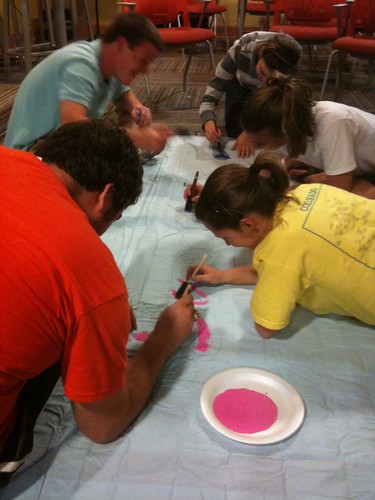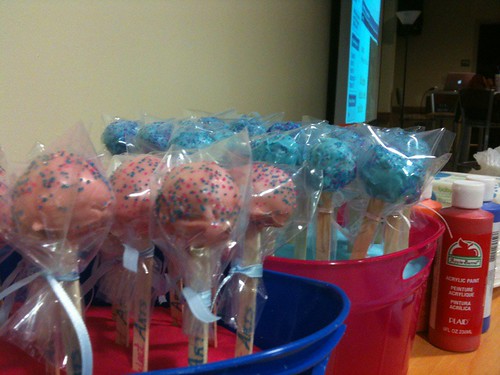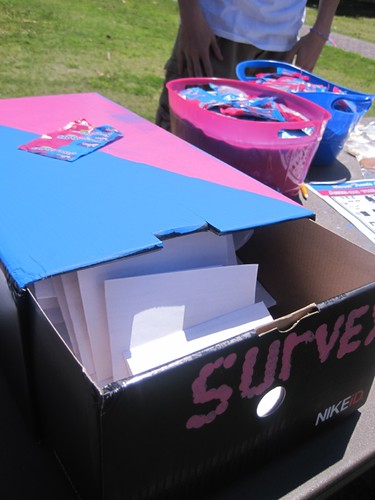
Janus was the Roman god of transition. It's a strange thing to have a god for, at first glance. But anyone who's studied anthropology will recognize why he's needed. Any beginning or ending, any movement from one state to another, is fraught.
We've arrived at the annual moment where our culture recognizes this. And for me in particular, the transition into a new year, with its accompanying look back at 2013 and expression of hope for 2014, is an especially rich story of beginnings and endings.
I'm spending this last day of 2013 interviewing the 84th subject for my research into the prayer shawl ministry, and reviewing and tagging a transcript from one of my earlier interviews. It's hard to remember that eight months ago I had yet to do a single interview. I was nervously anticipating the inauguration of this new project, looking back with some regret at the phase of textual research -- a process I know how to do! -- that I was leaving behind for uncharted waters. One of the most unexpected rewards of this research has been learning that I am good at these qualitative interviews, and that when I'm doing them I am a better person -- a more empathetic person, a better listener, a more attentive and responsive dialogue partner. Another surprise: Just when I'm most concerned about how much I'm asking of those kind enough to agree to an interview, they tell me how much I've given to them, by prompting them to think, by valuing what they say and do, by opening a space for them to speak.
Now the trepidation moves to 2014, when I have to leave the data-gathering phase behind and produce the written analysis. I am optimistic, but still, the unknowns of the process are daunting.
In 2013, I started leaving behind the world of pop culture criticism that I have pursued, in some form or another, since college. I hit my high point in terms of audience and influence in the process of that exit, with my reviews of the last season of Breaking Bad for the A.V. Club. In 2014 I'll review the last 11 episodes of How I Met Your Mother and write an overview of the series for the A.V. Club's 100 Episodes feature. And then I'll be done.
I'm looking forward to exiting that grind and focusing on the grinds that are more directly related to my academic goals as a teacher and scholar. But I'll miss the push to reflect critically and to appreciate expansively. I'll miss the readers and the community of TV critics.
It's almost hard to remember how I fit it in, but the other thing I did last summer was compile a massive four-volume application for promotion to full professor. That rank represents the top of my profession. As of this moment the application has successfully wended its way through two committees and two administrative reviews, and awaits action in 2014 by the provost and the board of trustees. I expect to remove the "associate" from my title this spring, just in time to also remove the "dean."
I'll never get used to this process of looking back and forward. When I turn my gaze to the things already done or set in motion, I can't believe I found the time and energy. When I imagine what current efforts will look like when complete, I can't picture myself as the source and the agent. It's a pleasant shock, though, to glance back and be flummoxed by what you managed to accomplish, and to peek forward and get all excited about what it will feel like to glance back this time in 2014. I hope all of you are having similar feelings on this day -- Janus's Day Eve.













